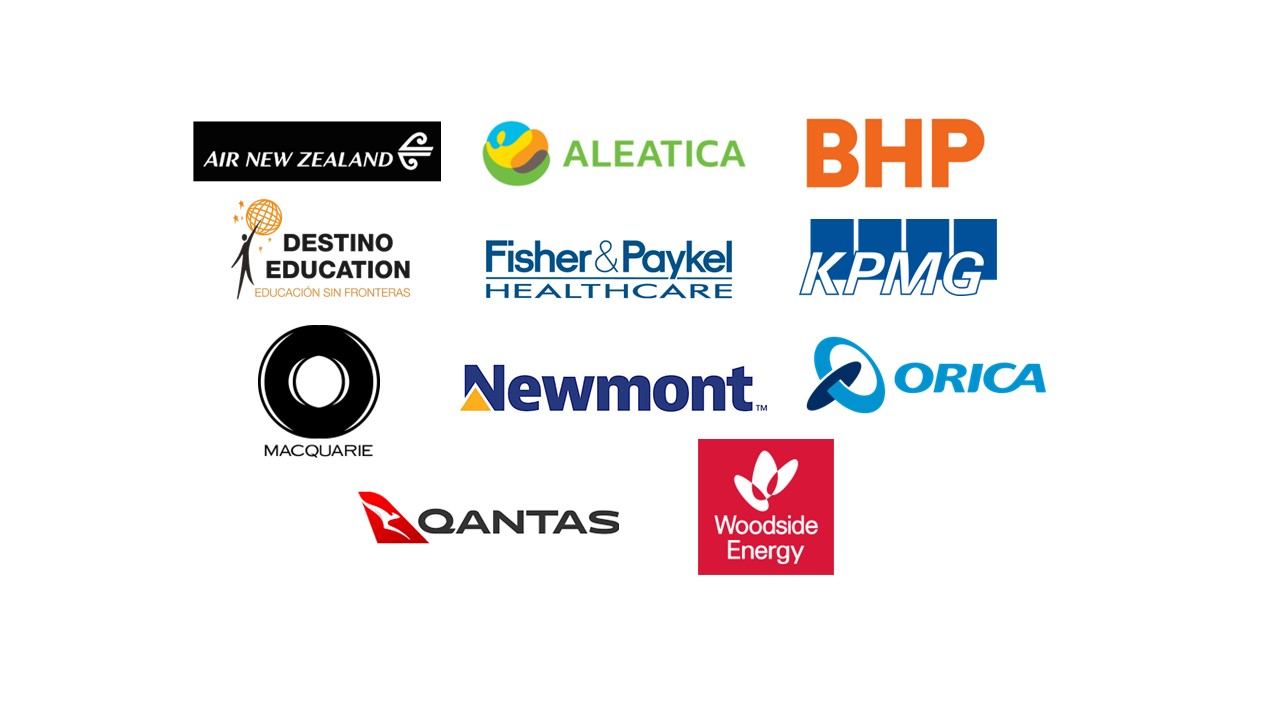ENERGY MATTERS © VOL. 5
an opinion editorial written exclusively for ANZMEX
20 May, 2019
By Chris Sladen
Energy matters – It’s in the bag!
A visit to any beach can reveal the growing problem of plastic. Mexico is certainly no exception. Its odds-on you will find some form of plastic litter.
All oceans are now impacted by the presence of plastic. Yet marine ecosystems offer enormous benefits to humans including food for billions of people, carbon storage, waste detoxification, recreational sports, endless holidays and the undeniable positive effect of being ‘at the seaside’. So why are we trying so hard to destroy our marine ecosystems by deluging them with plastic rubbish?
Most plastic originates from hydrocarbons – by refining and altering – crude oil and natural gas, and in years gone by, also from coal and wood too. All plastics are toxic. PVC, or polyvinyl chloride, is widely recognised as the most toxic plastic. Its production and destruction releases a host of toxic chemicals – dioxins, organic chlorides, lead and cadmium – and greenhouse gases too.
An estimated 10 million tons of plastic enter the world’s oceans from the land every year. And of course this ‘marine plastic’ is increasing. Plastics entering the oceans are predicted to increase by an order of magnitude within the next decade.
Over time, marine plastic fragments are broken into zillions of tiny pieces often only a few microns across, unseen without a microscope. It becomes permanently embedded in the environment, impossible to retrieve, slowly releasing its toxins and entering the food chain. It is irreversible environmental damage, unlike carbon dioxide in the atmosphere. Marine plastic is not something that can be overcome by technology. Once there, the vast majority will persist over geological timescales.
Retrieving some marine plastic is possible – typically the larger more visible items – plastic bags, bottles, sacks, shoes, chairs, cutlery & food packaging, buckets, abandoned fishing nets, ropes, surfboards and so on. Collecting these items is time intensive, expensive, and inefficient, but keeping the beaches clean does help. So much better to not let plastic enter the oceans in the first place.
The economic cost depends partly on where plastic enters an ocean, then where the oceans move it to, and how quickly the environment breaks it into tiny pieces. Longshore drift is well known to quickly move fragments of plastic along shorelines for hundreds and even thousands of kilometres. Some plastics have travelled more than 3000kms from their entry points, and recently a plastic bag was found on the floor of the deepest ocean, over 10,000m deep.
So it is not enough for Mexico to have a rigorous system for collecting and disposing of plastic. Mexico has to influence neighbouring countries to take action as well.
Marine plastic now impacts humans all across our globe. For example, it reduces the size of fisheries and reduces the livelihoods of those who work at sea or at the seaside. Tourists can expect a range of injuries – cutting themselves on sharp plastic debris, exposure to unhygienic items, getting entangled in bags and fishing lines etc.
A rapid buildup of plastic has the potential to dramatically shift the ecology of Mexico’s oceans. Plastics introduce stress into the environment for fish and mammals, create a base for colonisation by bacteria & algae, and can lead to changes in water temperatures & acidity. Whereas natural flotsam such as seaweed and wood degrades and sinks within a few months, plastic can withstand prolonged exposure to waves and remain buoyant for decades.
What is clear is that marine plastic is globally a trillion dollar economic cost. The average cost per ton has little relevance; after all, marine plastic does not mix evenly throughout. And the damage caused is also impacted by how much plastic is already in the environment.
For Mexico, the economic cost of marine plastic is without doubt billions of dollars per year and will get bigger every year. Next time you buy some hydrocarbons in the form of plastic, or leave some plastic rubbish on one of Mexico’s beaches, do think twice about the consequences.
About the author:
Chris Sladen runs an advisory service offering insights to inform, shape a decision, policy & regulation, and guide the next steps for energy ventures, acquisitions & divestments, energy transition and climate strategies. Chris has a unique global experience having worked in over 40 countries. This is underpinned by extensive knowledge of petroleum systems and where best to find oil and gas, notably in the Gulf of Mexico & nearby areas, Europe and NE & SE Asia, as well as the development of midstream, downstream & renewables investments in many emerging economies. Chris has extensive experience acquired on the Boards of companies, subsidiaries, business chambers & organisations. Chris has a career of over 40 years in the energy sector, living in Mexico (2001-2018), Russia, Vietnam, Mongolia, China & UK. His contributions to the energy and education sectors have been recognised by the UK Government with both an MBE and CBE, and also the Aztec Eagle from the Mexican Government – the first foreigner in the energy sector to achieve this award. Chris has published extensively over five decades. Chris’ articles for Energy Matters reflect his experience and enthusiasm and are not paid for in any way.
Send your feedback to:
[email protected]
Disclaimer:
ANZMEX ORG A.C. is a politically neutral business council with no political affiliation. The views expressed in this column are not necessarily representative of the official views of ANZMEX or any of its officers or staff.





